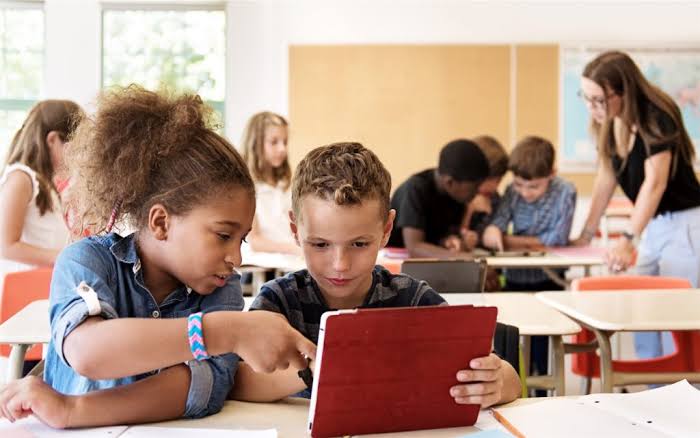Educational Strategies for Student Succeed in the 21st Century

Educational Strategies for Student Succeed in the 21st Century
To succeed in the 21st century, students require a range of skills and strategies that go beyond traditional academic knowledge. Educational strategies that focus on developing critical thinking, problem-solving, collaboration, and creativity can help students thrive in an increasingly complex and interconnected world.
Incorporating project-based learning, inquiry-based learning, and personalized learning approaches can enable students to take ownership of their learning, develop a deeper understanding of subject matter, and apply their knowledge in practical ways. Additionally, integrating technology into the classroom can provide students with opportunities to develop digital literacy, access vast amounts of information, and connect with peers and experts worldwide.
Fostering a growth mindset, encouraging self-directed learning, and providing opportunities for feedback and reflection can also help students develop a love of learning, build resilience, and cultivate a sense of agency over their own educational journey. Furthermore, emphasizing social-emotional learning, cultural competence, and global awareness can prepare students to navigate diverse perspectives, build strong relationships, and contribute to their communities in meaningful ways.
By adopting these educational strategies, educators can help students develop the skills, knowledge, and dispositions necessary to succeed in the 21st century and make a positive impact in the world.






